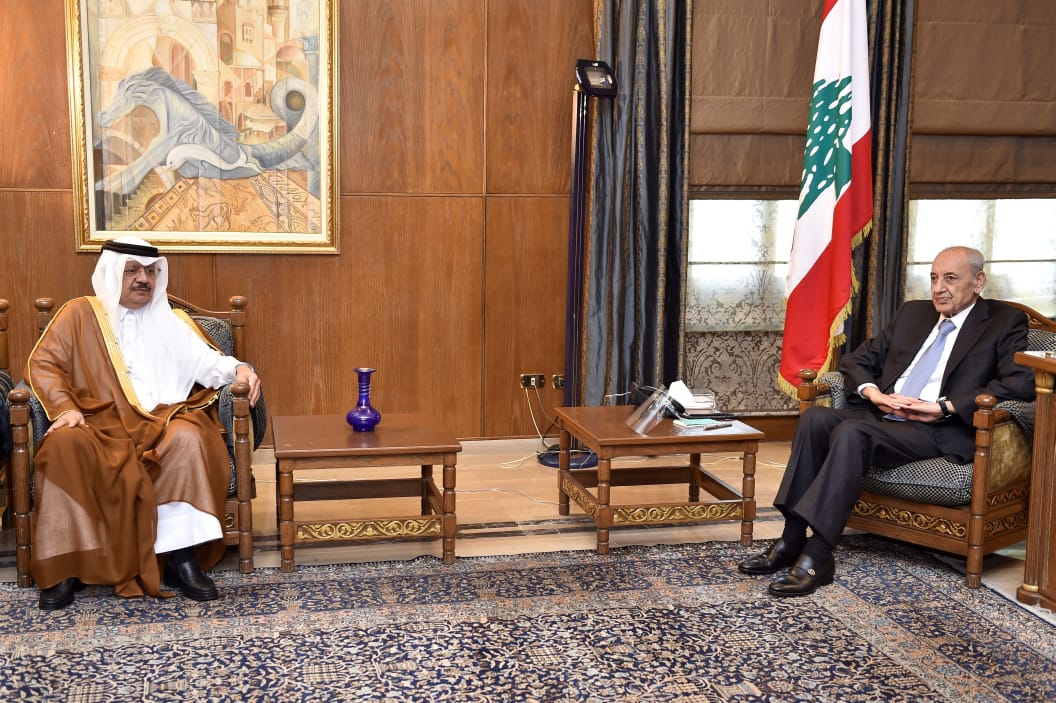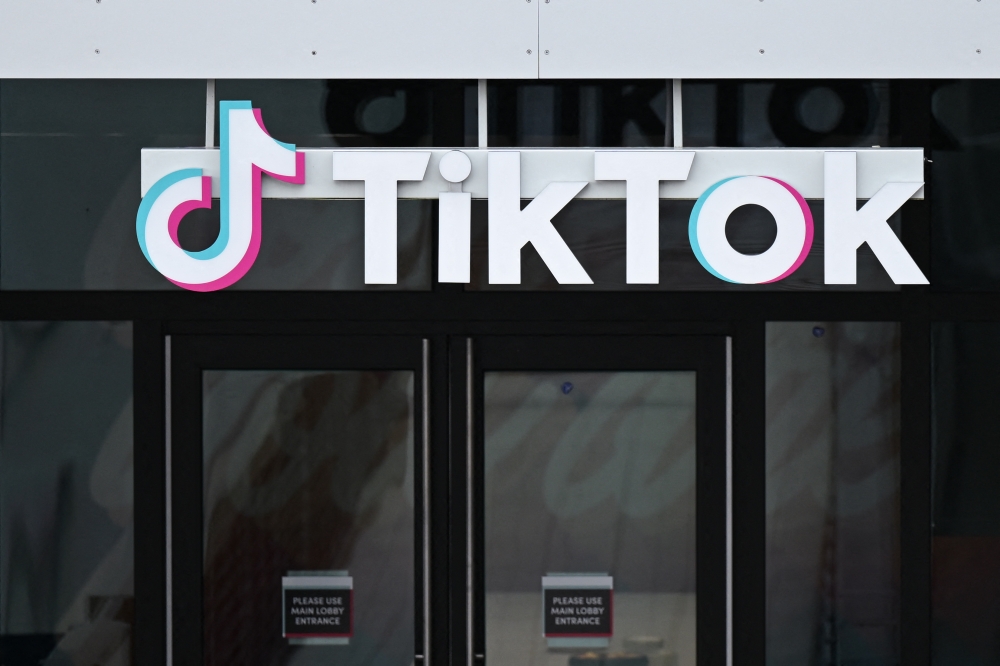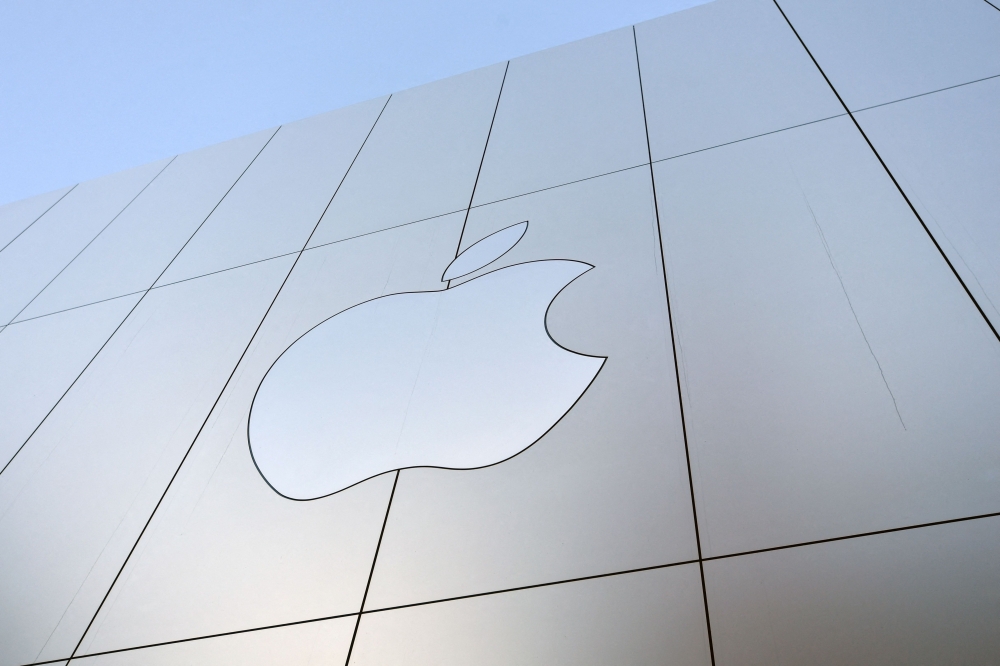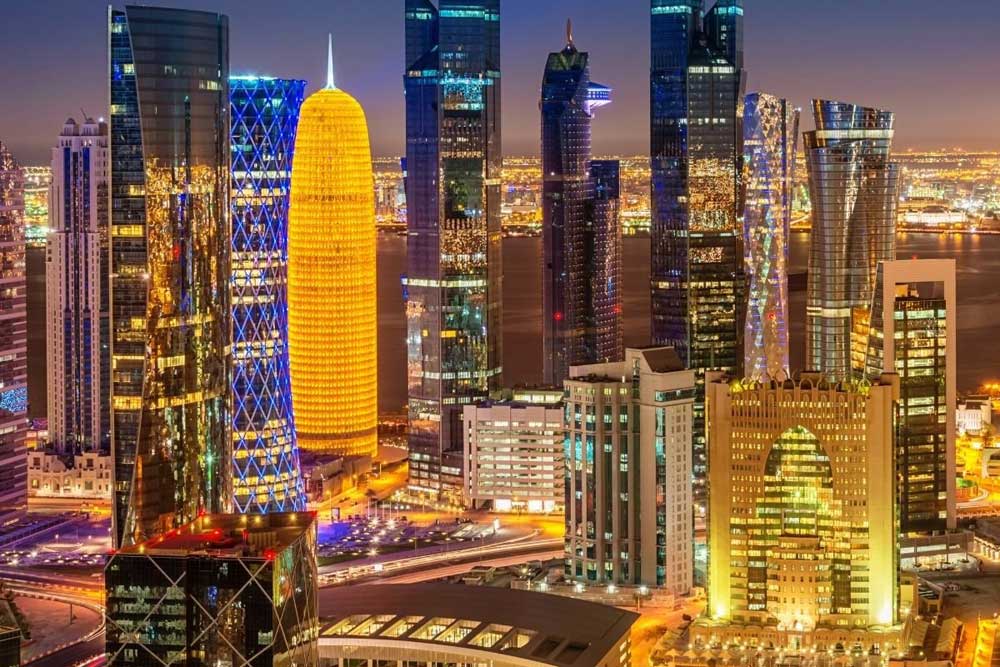[ad_1]
Unlike the rest of the region, Qatar did not recall its ambassador to Lebanon.
Lebanon’s Speaker of Parliament Nabih Berri has met with Qatar’s ambassador to Beirut along with other GCC envoys in the country as it aims to mend its ties with countries of the region.
According to Qatar’s Ministry of Foreign Affairs (MOFA), Berri and Qatar’s Ambassador to Lebanon Ibrahim bin Abdulaziz Al Sahlawi discussed bilateral ties between the two countries.
The Lebanese official also met with Saudi Arabia’s envoy Walid Al-Bukhari and Kuwait’s Ambassador to Lebanon Abdel-Al Al-Qena’i.
The meetings signal the resumption of ties between Lebanon and countries in the Gulf following last year’s dispute. The rift was triggered by remarks made by former Lebanese Information Minister George Kordahi .
The comments were made over the Saudi-led coalition’s military intervention in Yemen, which Kordahi described as “futile”.
Saudi Arabia, Kuwait, Bahrain, the UAE and Yemen withdrew their ambassadors from the country shortly after the statements were made by the former Lebanese official, who resigned in December.
Unlike the rest of the region, Qatar did not recall its ambassador to Lebanon.
The Gulf state had denounced Kordahi’s comments at the time and called on the Lebanese government “to urgently take necessary measures” to address the situation.
On 7 April, Saudi Arabia, Kuwait and Yemen announced the return of their ambassadors to Lebanon.
Riyadh’s news agency (SPA) said that the Kingdom’s decision came “as a response” to Beirut’s Prime Minister Najib Mikati’s and “moderate Lebanese political forces’ “commitment to stopping” all political, military and security activities” that affect Saudi Arabia and the rest of the GCC.
“[Saudi Arabia] stresses the importance of the return of the Republic of Lebanon to its Arab depth, represented by its national institutions and agencies, for Lebanon to prevail in peace and security,” added SPA.
Kuwait’s ambassador said that the latest meeting is “a downright evidence that the Kuwaiti initiative has succeeded.”
“The House Speaker has stressed that the Kuwaiti initiative has diligently led to the restoration of relations; this initiative will be a starting point to further strengthen ties between our brotherly countries,” said Al-Qena’i.
Speaking to reporters last month in Qatar, on the sidelines of the Doha Forum, Mikati described the rift as “a summer cloud that has passed.”
The rift has contributed to Lebanon’s worsening economic situation, given its heavy reliance on foreign donors including the Gulf region.
Saudi Arabia and Lebanon’s ties have become fragile over the years due to the growing influence of the Iran-backed Hizbullah movement in the country.
Lebanon has turned into an arena where rivalry between Saudi Arabia and Iran has been taking place. Riyadh has backed some Sunni and Maronite groups as Tehran supports the Shia Hizbullah movement.
The foreign intervention was seen in 2017 when then-Prime Minister, Saad Hariri was summoned to Saudi Arabia and reportedly forced to resign. Hariri also ended his political career in January this year.
Lebanon itself is made up of several social segments, including Shia Muslims, Sunni Muslims, Druze, Maronites, and other sects of Christianity.
Various segments engaged in a bloody civil war in 1975, which lasted for 15 years. To date, Lebanon continues to struggle with the impact of the war that deepened sectarianism in the country.
Lebanon’s economic crisis is now the worst since the end of the civil war in 1990. The Lebanese lira has lost 90% of its value to the US dollar since 2019.
The population is unable to access their savings from local banks and are struggling to meet their daily necessities.
The World Bank has described the situation in Lebanon as one of the worst financial crises in modern times.
Over the past months, the International Monetary Fund (IMF) held talks with the Lebanese government over a financial recovery plan. On 7 April, the organisation said it reached a draft funding agreement with Lebanon.
The IMF noted that Beirut had to carry out economic reforms in order to approve the plan.
In December last year, France and Saudi Arabia agreed to establish an aid mechanism that would help the country cope with its multi-crises.
Qatar also offered to step in to help resolve Lebanon’s crisis once it forms a government.
Parliamentary elections are scheduled to take place on 15 May, the first since the 2019 revolution.
Follow Doha News on Twitter, Instagram, Facebook and Youtube
[ad_2]
Source link

















Leave a Reply